“Journal of the Congress of the Confederate States of America 1861-1865” has been added to your cart. View cart
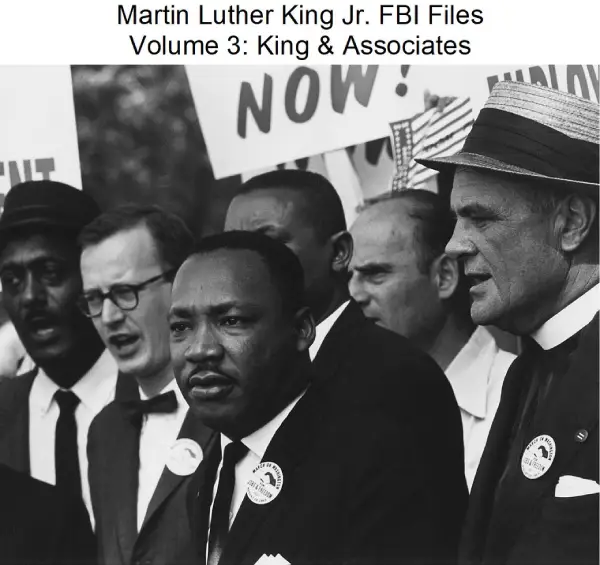
Martin Luther King Jr. FBI Files – Vol. 3: King & Associates
$19.50
Category: Historical Files
Tags: fbi, FBI Files, Martin Luther King, MLK
Description
King, Levison, and the FBI: A Detailed Timeline
1950s:
- Ongoing: The FBI begins a “security investigation” of Stanley Levison, which would continue through the early 1970s. During this time, the FBI consistently refers to Levison as a “secret member of the Communist Party.”
- Late 1950s – Early 1970s: Roy Wilkins is affiliated with Martin Luther King Jr. and is involved in various civil rights events.
1962:
- Starting in 1962: FBI files on Coretta Scott King begin.
April 18, 1963:
- Mrs. Martin Luther King Jr. (Coretta Scott King) visits her husband, Martin, who is confined in the Birmingham City Jail. She also speaks to members of “the press” outside the jail.
Sometime After DOJ Contact:
- After the Department of Justice contacts Martin Luther King Jr. about Stanley Levison’s alleged communist ties, King ends direct contact with Levison.
Around the Time of King’s Vietnam Conflict Advising:
- Heightened Concern: The FBI expresses heightened concern when Stanley Levison begins to advise Martin Luther King Jr. on the Vietnam conflict.
- Increased Surveillance: Soon thereafter, internal security memos indicate that Levison’s home is bugged, in addition to his office which was already bugged. Information learned through a tap on Levison’s phone is also detailed in memos.
Pre-April 4, 1968 (Specific Date Unclear, but prior to King’s assassination):
- FBI Harassment Campaign: Martin Luther King Jr. is the target of an “intensive campaign by the FBI to neutralize him as an effective civil rights leader,” with “no holds barred.” This includes FBI surveillance and harassment of King, his associates, and family, and the use of audio “bugs.”
- Hoover’s Threats: J. Edgar Hoover makes threats to expose Martin Luther King Jr. as a “sexual degenerate.” An FBI agent meets with Roy Wilkins at FBI headquarters, conveying that Hoover does not want to destroy the entire civil rights movement, but “deeply and bitterly resented lies and falsehoods told by King.” The agent states the FBI is not responsible for rumors against King but “were certainly in a position to substantiate them,” intimating that if King’s criticism of the FBI and J. Edgar Hoover did not end, these threats would materialize.
- Planning & Strategy: Stanley Levison advises King on planning and strategy for various events, including the March on Washington and King’s Nobel Peace Prize speech preparation.
April 4, 1968:
- Martin Luther King Jr. is assassinated.
- The FBI conducts an investigation into the assassination, involving James Earl Ray.
Post-April 4, 1968:
- Stanley Levison deals with Coretta Scott King and other civil rights leaders.
November 1, 1975:
- Former FBI Assistant Director, Domestic Intelligence Division, William C. Sullivan states that King was the target of an intensive FBI campaign to neutralize him and that “no holds were barred.” This statement contributes to a Department of Justice investigation.
1977:
- A 201-page report by a Department of Justice task force summarizes the FBI’s Martin Luther King Jr. security and assassination investigations.
January 30, 2006:
- Coretta Scott King dies.
1989:
- FBI files on Coretta Scott King conclude.
Cast of Characters
- Martin Luther King Jr.: A prominent civil rights leader who was the target of an intensive FBI campaign to “neutralize him as an effective civil rights leader.” He was subjected to FBI surveillance, harassment, and audio “bugs.” He was advised by Stanley Levison on key events, and his criticism of the FBI and J. Edgar Hoover led to threats of exposure. He was assassinated on April 4, 1968.
- Stanley Levison: A close and key advisor to Martin Luther King Jr., he was the subject of a prolonged FBI “security investigation” from the 1950s through the early 1970s, during which the FBI consistently referred to him as a “secret member of the Communist Party.” His office and later his home were bugged, and his phone was tapped, with information about King gathered through these means. He advised King on the March on Washington, King’s Nobel Peace Prize speech, and the Vietnam conflict. After King’s assassination, he continued dealings with Coretta Scott King and other civil rights leaders.
- Roy Wilkins: An influential member of the National Association for the Advancement of Colored People (NAACP) and a civil rights advocate who was affiliated with Martin Luther King Jr. The FBI investigated threats against his life and proposed extortion plots. He met with an FBI agent at FBI headquarters where he was informed of J. Edgar Hoover’s threats to expose King.
- Coretta Scott King: The wife of Dr. Martin Luther King Jr., a writer, civil rights leader, women’s movement activist, and mother of four. Her FBI files date from 1962 to 1989 and cover extortion and threats against her life, as well as “Information Concerning Subversive Control.” After her husband’s assassination in 1968, she continued to advocate for various causes until her death in 2006.
- J. Edgar Hoover: The Director of the FBI. He orchestrated an “intensive campaign” to neutralize Martin Luther King Jr. and harbored “deep and bitter resentment” towards King’s criticisms of the FBI. He made direct threats to expose King as a “sexual degenerate” if King’s criticisms did not cease.
- William C. Sullivan: Former FBI Assistant Director, Domestic Intelligence Division. On November 1, 1975, he publicly stated that King was the target of an intensive FBI campaign and that “no holds were barred,” which contributed to a Department of Justice investigation.
- James Earl Ray: Mentioned in the context of the FBI’s investigation into Martin Luther King Jr.’s assassination.
Related products
-
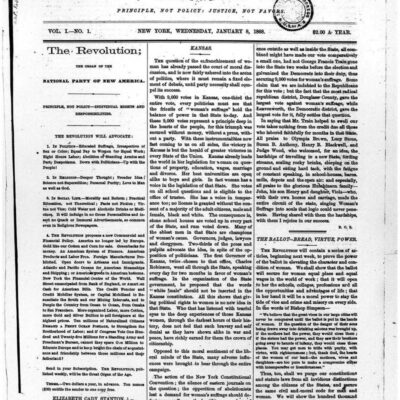
The Revolution Susan B Anthony Suffrage/Women’s Rights
$19.50 Add to Cart -
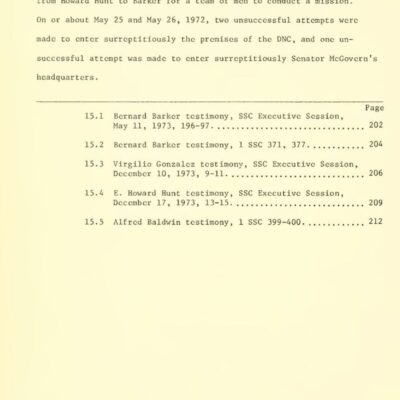
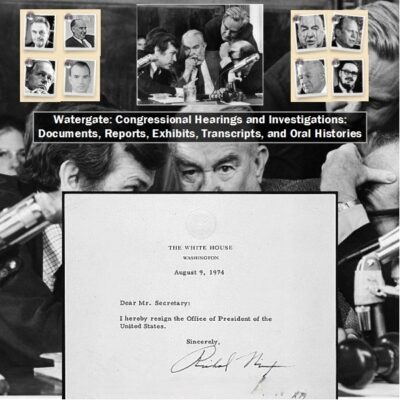
Watergate: Congressional hearings, reports, exhibits, and transcripts
$19.50 Add to Cart -
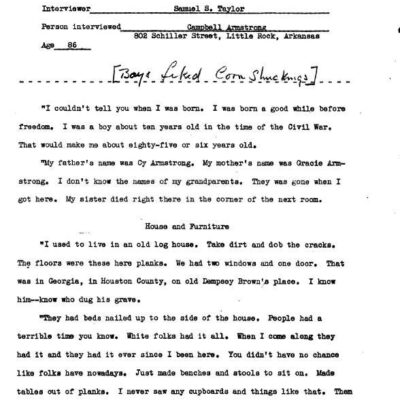

African American Slave Testimonies and Photographs
$19.50 Add to Cart -
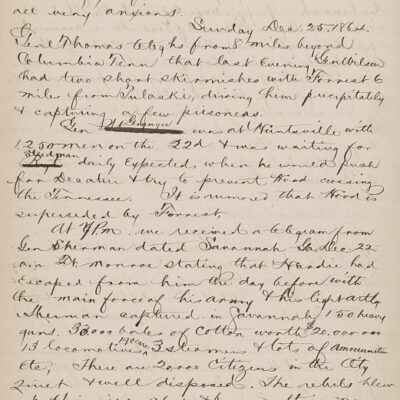
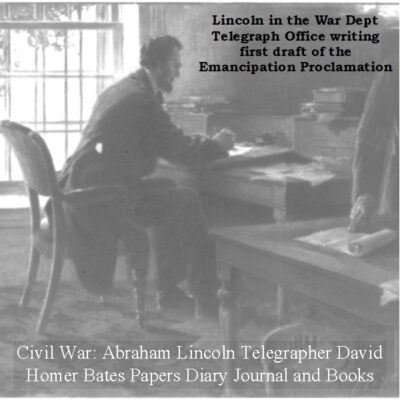
Abraham Lincoln’s Telegrapher David Homer Bates: Papers, Diary, and Books
$19.50 Add to Cart